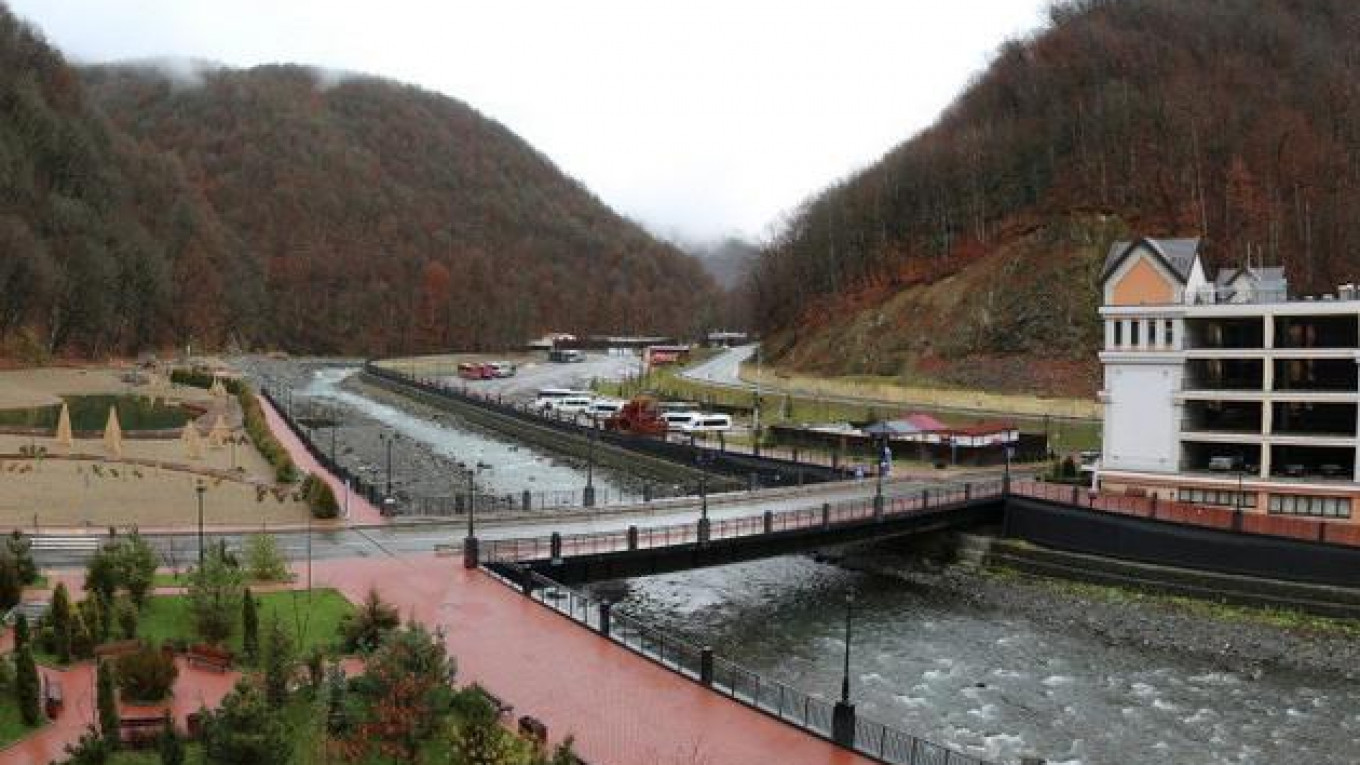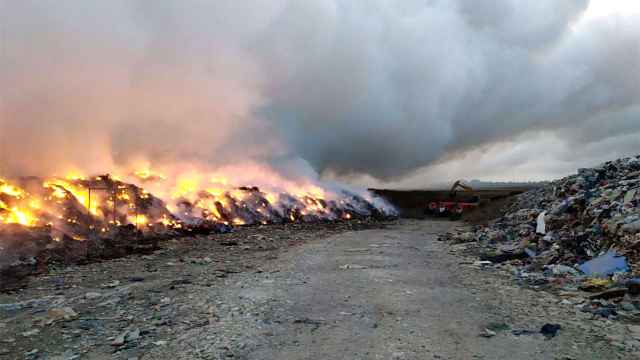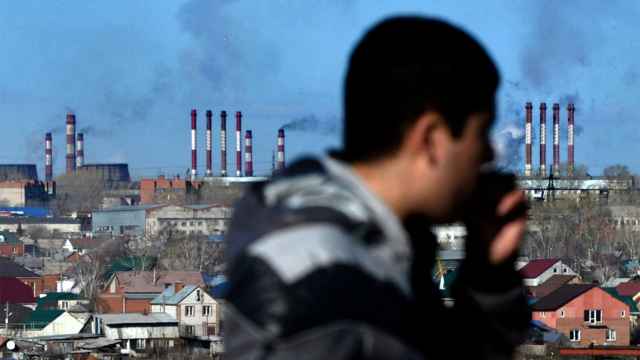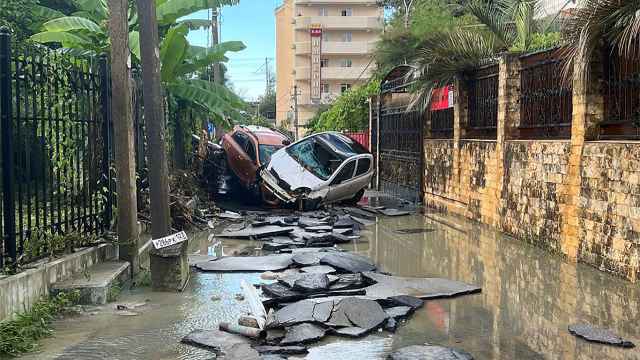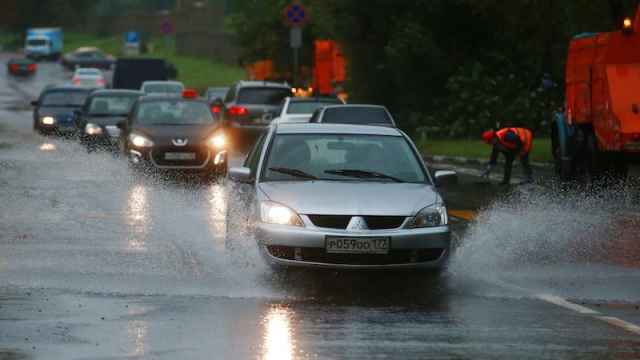The expansion of ski resorts near Sochi has increased the danger of landslides and could cut off clean water to 100,000 people, according to a new World Wildlife Fund report published on Friday.
Construction on Sochi’s ski resorts began in 2006 ahead of the 2014 Winter Olympic Games and has continued since.
Ski resorts there are expanding even three years after the international sporting event as a result of increased tourism to the area.
In March 2017, Prime Minister Dmitry Medvedev allowed areas of the Sochi Reserve and the Sochi National Park — home to numerous, unique animals and plants — to be rented for 49 years to companies connected to the local Rosa Khutor resort.
“Unfortunately, we don’t have any information on what goals they have and what they plan to do on these territories,” Valery Shmunk, director of the WWF Russia’s Caucasus division, told The Moscow Times. “This is a big problem.”
Between 2006 and 2017 the areas of Sochi’s National Park, the Sochi Reserve and the Caucasus Reserve under development nearly tripled.
Some of the newly let land is upstream from the Mzymta River. Environmentalists warn that building resorts in these areas will increase the risk of landslides and destructive floods.
Construction could worsen the quality of water in the Mzymta River, which is the main water source for more than 100,000 people living in the Adler area, the WWF report says.
From 2010 to 2013, landslides size ranged from 5,000 to 20,000 cubic meters. In May 2017, a landslide with an area of roughly 3 hectares descended on the Gorki Gorod ski resort course, the Izvestiya newspaper reported.
Despite the threats to the environment and water supply, Sochi residents are largely unmoved by the recent developments.
“Unfortunately, the majority of people are quite passive,” Shmunk said.
This comes down to the lack of public information about the construction plans and their environmental impact, he added.
“The materials that are brought to public meetings leave much to be desired,” Shmunk said. “You can feel a definite haste in the way the materials were prepared. Some of the statistics don’t correlate with each other.”
A Message from The Moscow Times:
Dear readers,
We are facing unprecedented challenges. Russia's Prosecutor General's Office has designated The Moscow Times as an "undesirable" organization, criminalizing our work and putting our staff at risk of prosecution. This follows our earlier unjust labeling as a "foreign agent."
These actions are direct attempts to silence independent journalism in Russia. The authorities claim our work "discredits the decisions of the Russian leadership." We see things differently: we strive to provide accurate, unbiased reporting on Russia.
We, the journalists of The Moscow Times, refuse to be silenced. But to continue our work, we need your help.
Your support, no matter how small, makes a world of difference. If you can, please support us monthly starting from just $2. It's quick to set up, and every contribution makes a significant impact.
By supporting The Moscow Times, you're defending open, independent journalism in the face of repression. Thank you for standing with us.
Remind me later.


